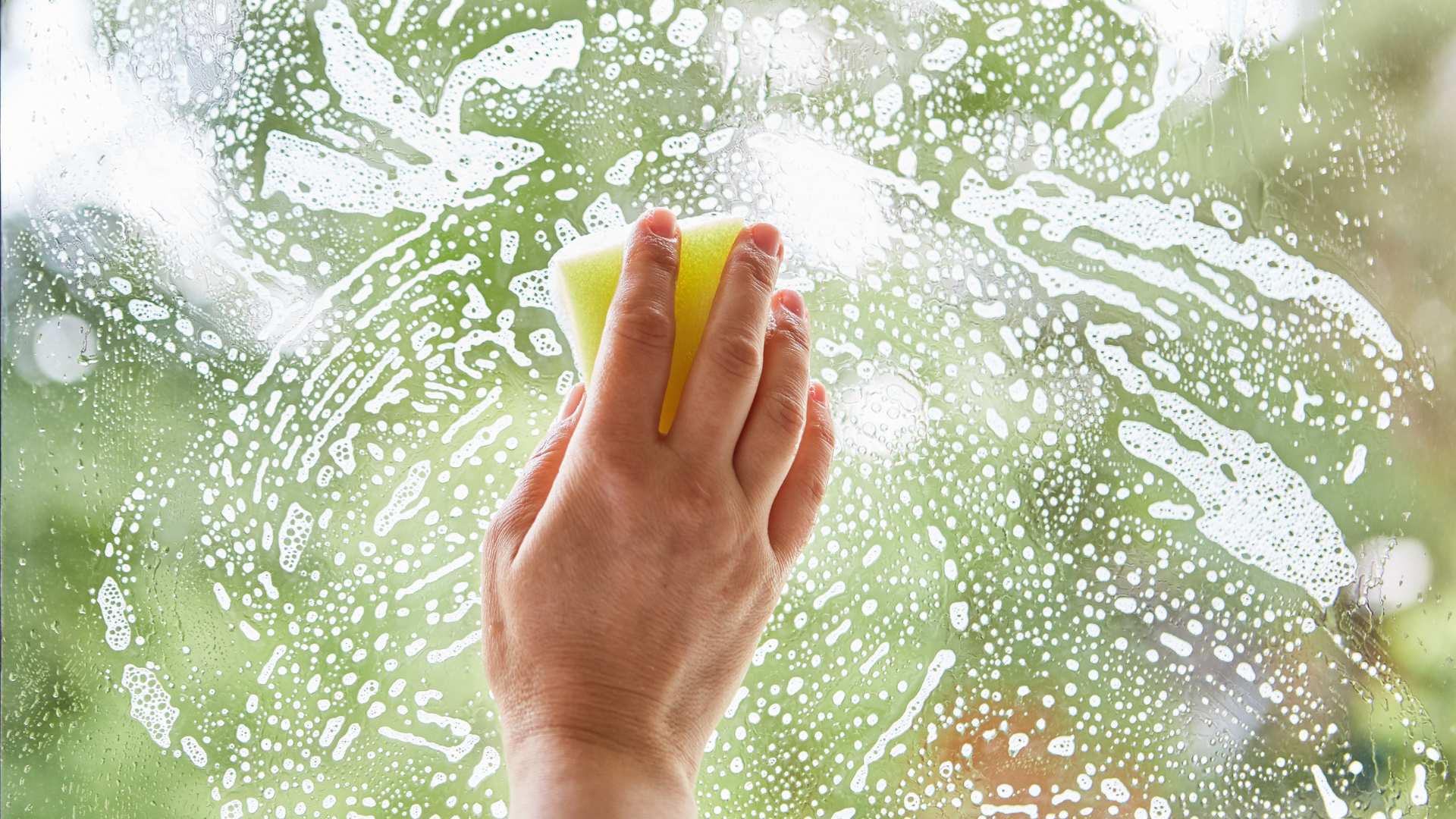Reno Dads: How first-time dads maximize their child’s health

How first-time dads maximize their child’s health
Posted by GUEST on
Just about the first piece of wisdom that every first-time dad hears from someone — a friend, a co-
worker, an older relative — is that newborns don’t come with instruction manuals.
It’s true. As much as we’d all love babies to come with a link to a PDF instruction manual in multiple
languages, dads can follow some straightforward steps to ensure that they maximize their child’s health.
Checkups and vaccination schedules are one thing, but there are a lot of facets of a child’s health to
keep in mind once they’ve come into your life.
Take a holistic approach
When your first child comes into the world, a lot of first-time parents will focus solely on the physical
ailments that may come about. They get the flu. Their stomach hurts. As a family medicine physician
focused on primary care and holistic health, I believe it’s important to address all the needs of my
patients — physical, mental, emotional and behavioral. Providers of holistic care for young children pay
close attention to the health needs of the parents who care for them. Trust me, caring for your little
ones is a lot harder when you’re feeling low too.
Many organizations in the community help first-time dads navigate their children’s health, which
certainly can feel daunting. As a family medicine doctor at Thrive Wellness, some of my most satisfying
moments are those in which I coordinate a team of providers to deliver truly holistic care to children and
families.
Dads’ important roles
The important roles dads play in maximizing a child’s health can begin even before birth. Take some of
that nervous energy during the weeks before the arrival date to assemble a medical call list. Include the
numbers of your primary-care physician (family physician or pediatrician), the closest urgent-care, and
emergency room (paying attention, if appropriate, to whether they’re part of your health plan’s
network). Be sure to include the number of the Poison Control Center. In Reno, it’s 1-800-222-1222. As
the parent of two boys, I can assure you that it is almost inevitable that you’ll call the Poison Control
Center at some point when your child ingests something alarming.
Dads can help make sure the routine gets done on schedule. It may seem that a newborn needs to see
the doctor often. That’s normal. And it may seem that newborns and infants need to have a lot of shots.
That, too, is normal. It’s important to stay on routine. Regularly scheduled visits also allow parents to
build a relationship with a medical provider that’s the basis for holistic care.
Dads understand that healthy childhoods require healthy families. They take care of their own health so
that they can be good dads. They take some breaks from the action to refresh their mental and physical
energies, and they make sure that other family members have time for themselves, too.
Don’t sweat the small stuff
Dads also know when to worry. They know that crying isn’t always a crisis. Sometimes it’s the way that a
child signals hunger, or it’s nothing more than noisy self-expression. A few sniffles, too, don’t necessarily represent a crisis. But if a child stops eating regularly or has a fever over 100.4 that doesn’t respond to Tylenol or ibuprofen, it’s time to call the doctor. Trouble breathing, any fever in a newborn, lethargy or unresponsiveness always demand a trip to urgent care or the ER.
But the secret about the single most important thing that dads can do to support healthy children? They
spend time with their kids, they listen to them, they support them, and they love them. That’s an
unbeatable basis for a childhood that simply glows with healthy well-being.
Dr. Stephanie Wright, a family care physician at Thrive Wellness in Reno, completed medical school and residency in family medicine at the University of Nevada School of Medicine. Along with her clinical work since graduation, she has been a faculty member of the School of Medicine. She completed her undergraduate education at The Ohio State University. Dr. Wright lives in Reno with her husband and two sons.
The post Reno Dads: How first-time dads maximize their child’s health first appeared on Thrive Wellness.

Start your healing journey today
NEXT STEPS
Are you ready to find hope? We can't wait to connect you with the care you need. To get started with us, please reach out using the link below.

Obsessive Compulsive Disorder

Perinatal
Mental Health
Obsessive Compulsive Disorder
Perinatal
Mental Health
SITE MENU
THRIVE LOCATIONS
Reno, NV 89501
OCD & Anxiety Disorders
Luella Garvey House
Perinatal Mental Health
"It Takes A Village"
Virtual Program
All Rights Reserved | Thrive Wellness | PRIVACY POLICY





